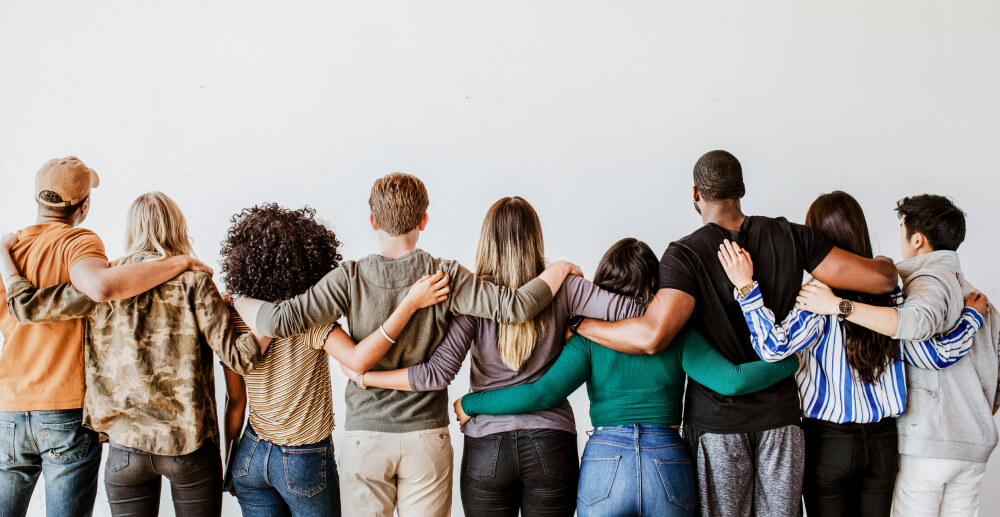Hobbies and activities can be a surprisingly important part of addiction recovery. For Max, geocaching helped them make the first small steps toward sobriety.
It was September 2018, just six months before I took my last drink and drug. I instinctively knew I was nearing the end of my reign of terror—that I would either be forced to try another rehab (my fourth at this point) or, quite honestly, die. During that time, I had recently heard about geocaching—I don’t even remember where. I think some origin stories must stay mysterious.
What is geocaching?
First, let me tell you what geocaching is. It’s billed as “an outdoor recreational activity, in which participants use a GPS receiver or mobile device and other navigational techniques to hide and seek containers (called “geocaches” or “caches”) at specific locations marked by coordinates all over the world.” And that summary is fine and accurate. But what geocaching did for me is far more than that.
Geocaching took me back to my childhood
I always liked being outside and in nature, ever since I was a kid. In fact, as a typical ‘80s latchkey kid with a sense of adventure, it was hard to get me back inside. I certainly loved a good puzzle, too, having been a fan of both Encyclopedia Brown and logic puzzle workbooks as a youth. There were parts of me that felt robbed by addiction, passions and joys buried so deep that they had become inaccessible to me. A younger version of me was screaming—go back to your first loves, go back and find yourself in this.
Ok, I’ll try this, I said to myself. Why not? By now my friends were dwindling. My world was so small at that time. My life consisted of just getting by to the next drink or drug. I downloaded the app like I had downloaded many apps during this time. But for some reason, this one stuck. With a digital map in hand through the wonders of technology, I went out to discover a new world, much bigger than the one I was living in.
Geocaching provides achievable challenges
I’d say the allure of geocaching is because it mimics the journey of life. There are caches out there and you must find them. Finding caches will challenge your wits in many ways, either by how cleverly they are hidden or the terrain that you are provided. I’ve spent hours trying to find caches concealed by the most unexpected things from thick and nettled pine branches to everyday lamp posts (do you know they have skirts in which to hide things?). I’ve climbed trees and scaled cliffs (sorry, Mom!) all to get the cache in hand. I’ve decoded puzzles in order to obtain secret coordinates, sometimes so flummoxed by a cache location that I have to give up and go home, almost always with a life lesson in tow. It’s not unlike how we figure ourselves out.
And every so often a geocacher hides a cache of their own. I’ve created caches with my own hands that honor my grandfather, my pets, a historical site, or even a day that was special to me. They are tributes to the things I love—out in the world, for others to find and enjoy. This act of giving back to the “sport” of geocaching is not unlike the way we give back in recovery.
Geocaching helped me on my way to sobriety
It is no surprise to me that I got sober just six months after discovering geocaching. Having a new place to put my time and energy allowed me to moderate and use harm-reduction strategies until I was ready to take the big plunge of sobriety. I tried to get a cache every day, not unlike the string of days or “streaks” we put together in early recovery.
Geocaching isn’t a sobriety app per se, but it certainly stood in for one when I had very little faith in my ability to keep going. When my world was so small, geocaching broke it open for me. And more than that, it reminded me of who I used to be before the addiction took hold. May your journeys do the same.









